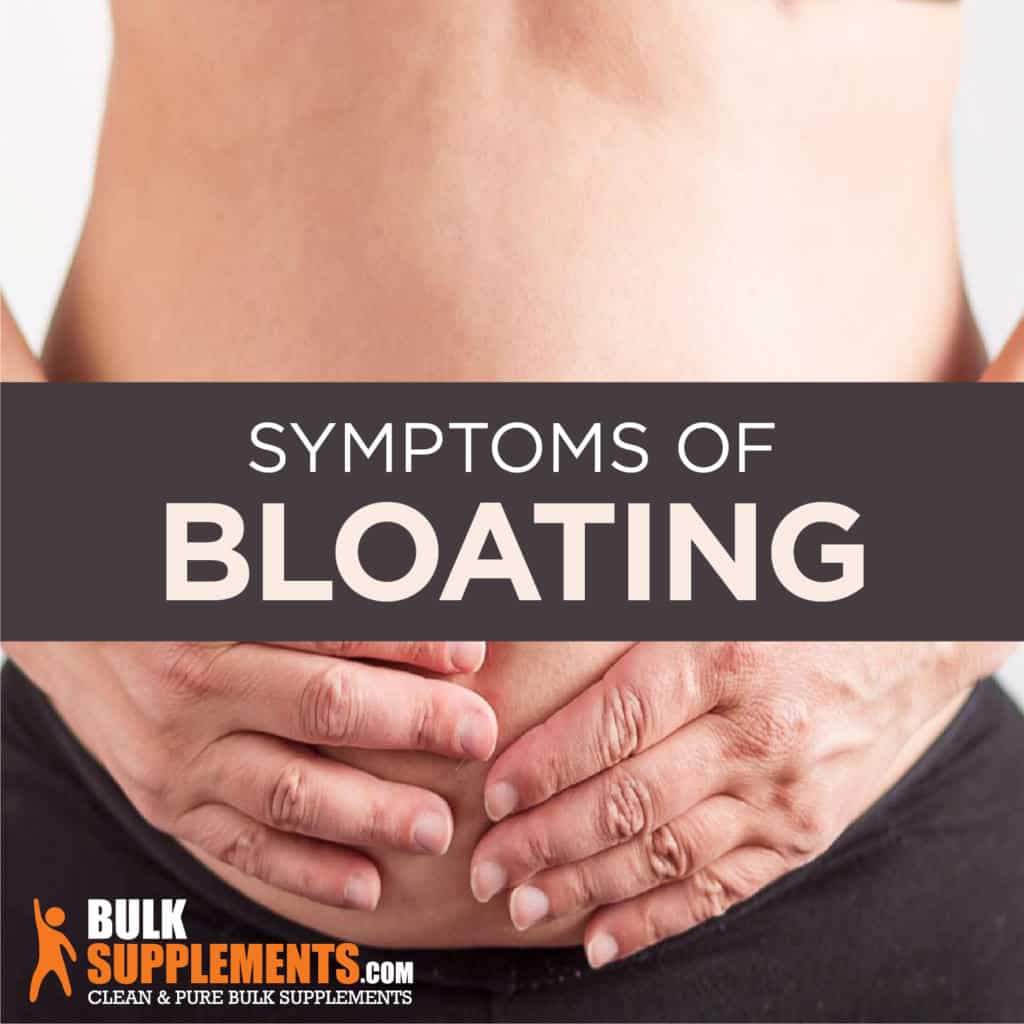
We spoke more about this in our recent article ‘Is Stress Causing Your Stomach Issues?’, which you can read here. Your blood gets diverted away from your digestive tract so that your brain and muscles have more oxygen and nutrients, which are required for you to fight against a threat or run away from a threat. When you’re highly stressed, your body goes into what is known as ‘fight or flight’ mode and the adrenal glands pump lots of cortisol into your bloodstream. Whether you suffer from bloating or not, expert guidance is essential when you’re dealing with any kind of chronic health issue!īloating can also result from excess psychological stress. If you suffer from any of these medical conditions, it’s important to work with a team of healthcare professionals to properly manage your symptoms. Intestinal hyperpermeability (‘leaky gut syndrome’).Giardiasis (parasitic infection in the intestines).Exocrine Pancreatic Insufficiency (EPI).Eating disorders, such as anorexia nervosa and bulimia nervosa.Gastroesophageal reflux disorder (GERD).Ascites (fluid in the abdominal cavity).We briefly mentioned that IBS and IBD can increase your risk of bloating but several other different medical conditions can also contribute to excess gas, including: Wearing poorly fitted dentures or chewing gum can also increase the amount of air that you swallow while you’re eating. When you eat your meals or snacks without properly chewing the food, it can cause you to swallow excess air, which leads to bloating. Swallowing excess airīloating can be caused by something as simple as eating too quickly. Let’s talk about these reasons in more detail. There are many reasons why you might experience bloating. In this article, we're going to cover why bloating occurs and which positive lifestyle changes you can make to stop bloating in its tracks.

However, there are also many things that can increase the risk of bloating, such as medical conditions and hormonal changes or imbalances. It’s a normal response to eating large volumes of foods, especially if they are foods that cause excess gas pain and production. You might also experience other digestive symptoms, such as excess gas, abdominal cramps, and nausea at times.īloating refers to the expansion of your stomach and small intestines, causing distension and discomfort. If you have irritable bowel syndrome (IBS) or inflammatory bowel disease (IBD - ulcerative colitis and Crohn’s disease), you will be no stranger to bloating. For others, bloating occurs daily and is highly disruptive to daily living. For some, bloating is a rare occurrence and it only really happens when we’ve eaten too much. It’s uncomfortable and even painful at times.


 0 kommentar(er)
0 kommentar(er)
